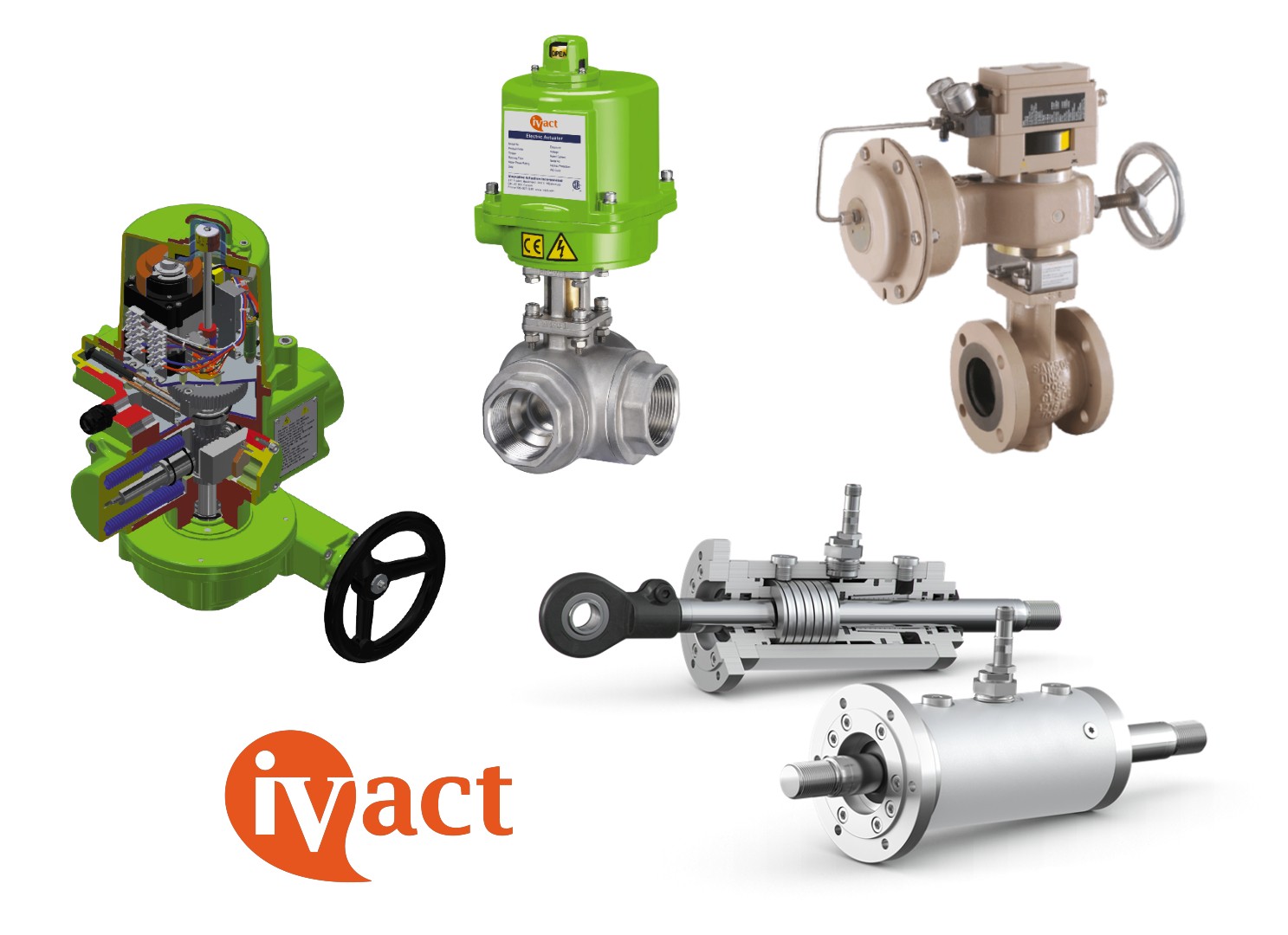There are 3 major things to consider when choosing a suitable actuator for an application.
Firstly, the application itself. What type of valve are you using? How much force is required? How often must the valve be opened or closed? Does the application require a fail-safe? There are dozens of applications and many actuators to suite them. For example, if you are using a globe valve that requires precise flow control and will be operating 45 minutes every hour, you would likely choose a modulating linear electric actuator with a 75% duty (read more about what duty cycles are in our Understanding Duty Cycles blog) as they provide the best control and fit your requirements.
Secondly, the environment. Not all actuators can operate reliably inside of a freezer or right beside hot vapor or outside in harsh weather conditions. You must pick an actuator that has an appropriate enclosure rating for it to adhere to safety guidelines and to operate as intended (Check out these valve actuator standards for more info on safety and ratings).
Finally, the type of energy used to operate the actuator. Three main types of actuators exist: electric, pneumatic, and hydraulic. Depending on your application and environment, one of these will perform better than the others (for more information on the three types, read our Electricity is the First Choice for Valve Control blog).
If all these circumstances are taken into consideration and a suitable actuator is chosen, it will improve safety, effectiveness, efficiency and the cost associated with your automated system in the long run.
| Power Type | Advantages | Disadvantages |
|---|---|---|
| Hydraulic | - High speeds - Large force - Maintain force without the pump operating - Extremely resistive to shock loads |
- Can leak which hinders efficiency - Can cause cleanliness issues - High maintenance costs - Expensive - Requires many components |
| Pneumatic | - Lowest cost - Has a wide range of force - Safe and effective in hazardous or flammable environments - High speeds |
- Compressor must always be operating - Must be sized so assembly may get big and complicated with bigger valves - Air can get contaminated and impact performance - Shortest life cycle |
| Electric | - Highest precision control - Complete control of motion - Scalable to any size/torque - Can be networked and programmed easily - Quieter than the other actuators - Low operating costs - High efficiency - Long life cycle |
- Initial cost is more than the others - Can become quite large if large torques are required - Slower operating speeds |

